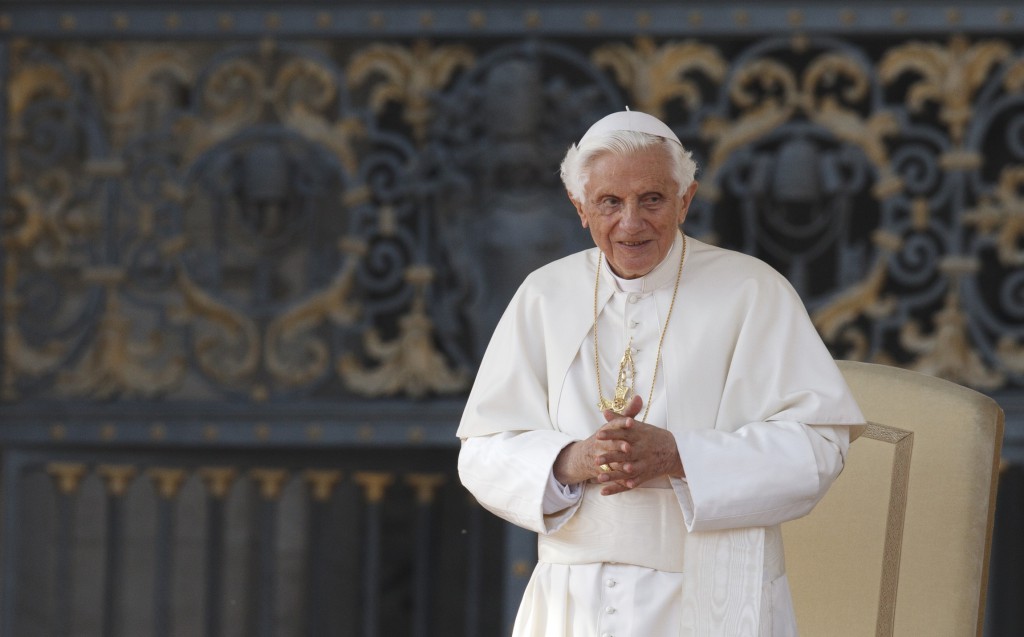
In an administrative move reaffirming his efforts to promote a Catholic revival in the West and greater adherence to traditional Church teaching, Pope Benedict XVI has reassigned responsibility among Vatican offices for the religious education of laypeople and future priests.
According to two papal decrees released by the Vatican on January 25, responsibility for seminaries has shifted from the Congregation for Catholic Education to the Congregation for Clergy, and responsibility for catechesis has moved from the latter office to the Pontifical Council for Promoting New Evangelisation.
Under the new regime, Pope Benedict wrote, the Congregation for Clergy is now in charge of the “promotion and governance of all that pertains to the formation, life and ministry of priests and deacons”.
The Congregation for Catholic Education, having ceded responsibility for seminaries, will continue to supervise Catholic schools and universities around the world.
However, authority over religious instruction of lay Catholics, including catechisms published by national bishops’ conferences and textbooks for religious education used in Catholic schools, now lies with the Pontifical Council for Promoting New Evangelisation.
The Vatican spokesman, Jesuit Father Federico Lombardi, noted that the council, which was established only in 2010, will now exercise a significant “jurisdictional power” in addition to its former advisory role.
In his decree, Pope Benedict stressed the importance of catechesis for the new evangelisation, a project aimed at reviving the faith in traditionally Catholic but increasingly secular societies.
“The particular historical moment we are living, marked among other things by a dramatic crisis of faith,” requires learning sufficient to provide believers with answers to new questions, the Pope wrote.
Archbishop Rino Fisichella, the council’s president, wrote in the Vatican newspaper that the challenges for catechesis today include the pervasiveness of “scientific and technological culture” and widespread “religious illiteracy”.
In his decree, the Pope wrote that catechesis in the years since the Second Vatican Council has been marked by “grave errors in method and content, which have provoked deep reflection and thus led to the elaboration of some post-conciliar documents that represent new richness in the field of catechesis”.
Pope Benedict has often stressed the importance of interpreting the teachings of Vatican II in continuity with the Church’s millennial traditions, and not as a radical break with the past.- CNS